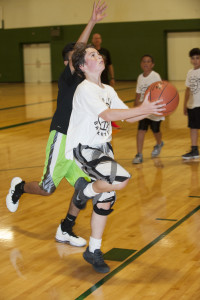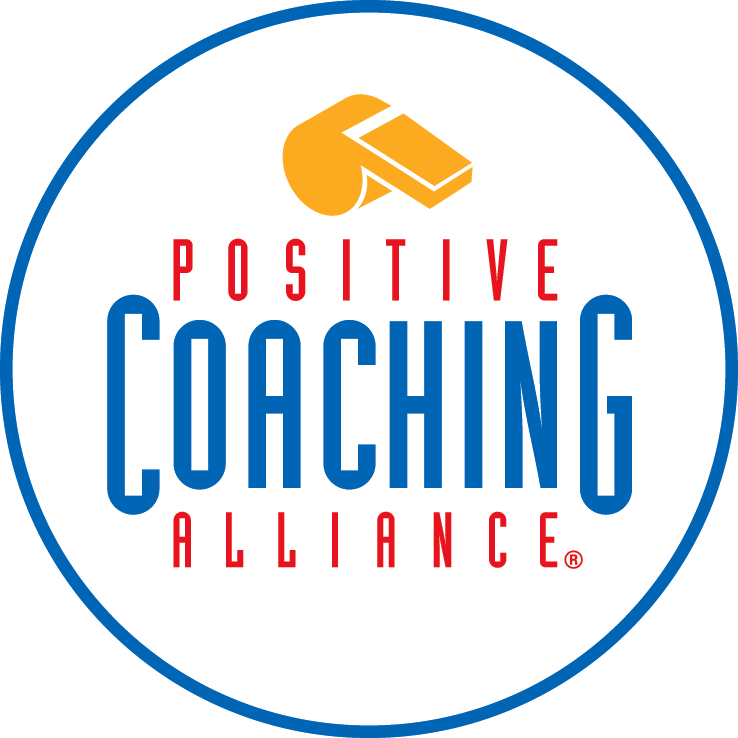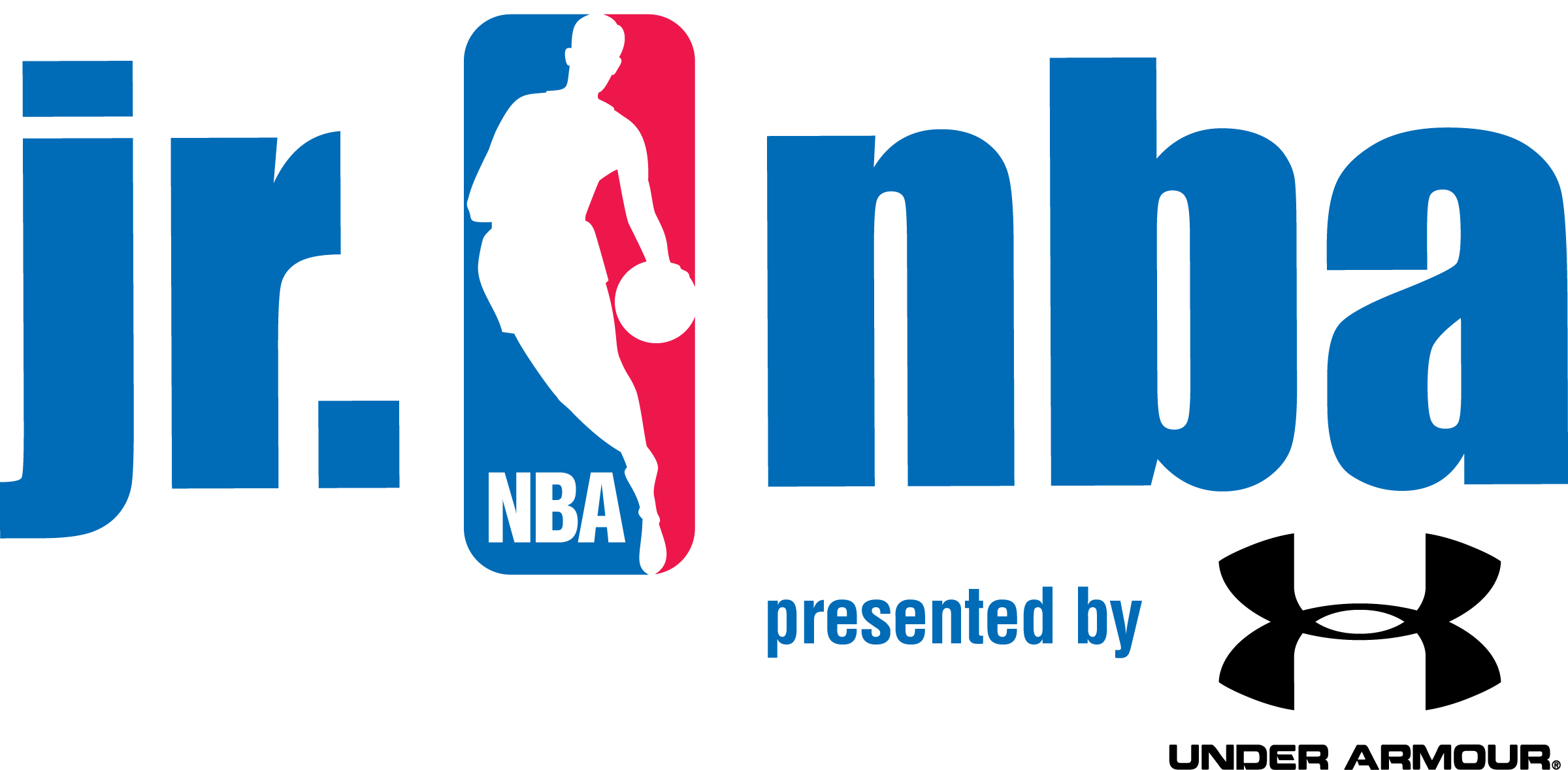
Basketball on the Edge – Why Goals are Important for Young Basketball Players – Vintage Edition

Let’s start with the premise that your child wants to become a good basketball player. Remember, that desire has to come from them. If it comes from you as the parent they are never going to love the game enough to practice, play, and get better.
The goal setting process begins with a vision. Does your child see themselves as a basketball player in the future? Can they see themselves playing on a local travel team, an AAU team, the high school varsity, a college team? Take your young player to games at all levels. You are providing opportunities for your child to envision themselves in those environments. Ask them questions like, “Would you like to play for the high school team some day?” The vision of their future selves is a powerful motivator. I loved watching the high school team go through warm-ups when I was in elementary school. I wanted to be able to slap the backboard on a layup just like the varsity players. I knew I would do that someday. The vision became a part of me. If your young player wants to achieve their vision they will begin to realize that practice and training will be required.
As a young player starts to work on their basketball skill set it is important that they set more specific goals that provide a road map for achieving their vision. Players of all ages have a tendency to practice basketball by just “shooting around”. We’ve all done it. Tossing shots at the basketball, going through motions, not being focused. Practice sessions should have goals that are SMART.
Specific – The goal should focus on a particular skill. (left handed layups, crossover dribbles, free throws)
Measurable – The goal can be measured in some way. (time, # of reps, # of shots made, etc.)
Attainable – The goal should be achievable. (Make 70 out of 100 free throws)
Realistic – Is the goal possible? (Be a starter on my CYO team vs. Become the best 6th grade player in the state)
Timely – Set a goal for the day, the week, the month, the season
These SMART goals should help your young player to be motivated to work toward their vision. Little things make big things happen. Nobody gets to a high level of basketball overnight. A series of goals are set and then achieved.
Although I wasn’t quite as scientific in my approach as a young player, one of the things that I did when I was a kid was to keep a daily basketball journaI. I recorded my basketball activities for the day and the total number of hours that I practiced. I often charted my free throws and jump shots. I wrote down how many reps of ball handling drills that I could do in a minute. I was always trying to get better. I could track my progress because I wrote things down. Without doing that it is too hard to remember what you did yesterday let alone a month or two ago. When I was 10 or 11 I read a quote from Dick DeVenzio, a coach and former player at Duke, who said that your most challenging competitor is “You Yesterday”. I always tried to beat that guy.
The bottom line on goals is this. Help your young player develop a vision of themselves as a basketball player. Take them to games and talk to them about what they are seeing. Help them set goals along the way that motivate them and help them improve. Have them record their daily practice in a journal or notebook. Without writing something down it is hard to know where you have been and where you are going. Players with goals will achieve more than those that just go out and “shoot around”.


